BY ABBY WICHTERMAN & SARAH SCOBEE
Piled into a hot van, stuffed with boxes of food and toys, the volunteers of Crossroads Missions head south from San Antonio to the Mexican border.
As tensions on the border rise, border towns in Mexico struggle to provide refuge for thousands of immigrants seeking political asylum in the United States.

One border city, Piedras Negras, Mexico, is struggling to house the immigrants that keep pouring into their city. Piedras Negras sits across the Rio Grande from Eagle Pass, Texas. Eagle Pass is about 150 miles from San Antonio, Texas. Due to Piedras Negras being directly on the border, many immigrants come into the city while they wait for political asylum.
The van jostled as they drove into the streets of Piedras Negras. As they rounded the final corner, the driver announced that they have arrived at the Torre De Refugio (Tower of Refuge).
The group unloaded and crossed into a small courtyard. Above their heads were lines with clothes hanging on them and scattered on the dirty cement ground were toys, socks, and even one lone shoe that sat by a bench. To the right there were tables set up so the refugees had places to sit and hang out. The courtyard as a whole was smaller than the average high school classroom, which made the area feel cramped.

Before the Crossroad missionaries could take in their full surroundings, children were running towards them with arms open wide. Most of them were wearing shoes that were the wrong size or no shoes at all. The girls had their hair up in little braids.
As they gave hugs, the children reached for the boxes in the missionaries’ hands and tried to pull out the toys that were brought for them: bubbles, chalk, and jump ropes. Pretty soon it was difficult to move as the small courtyard was full of kids yelling in scattered languages and running around in chaos.
Amanda Rodriguez, an employee from Crossroads missions, worked with us while we were in Mexico. Amanda helped us work at the Tower of Refuge and serve the people staying there.

“The needs are very basic right now, food, clothing, etc.,” Rodriguez explained. “We are praying and planning through how we can have an even bigger impact and do a better job of helping more immigrants who have no place to stay in our city.”
Many of the immigrants in Piedras Negras are from The Democratic Republic of the Congo, Honduras, Cuba, and Venezuela. These countries, and ones similar, are facing high rates of violence, political corruption, lack of human rights, and other instances of political unrest.
They are fleeing genocide and wars that are making their home countries extremely unsafe to live in.

“All of their stories are heartbreaking, tragic, and unique,” said Judy Lopez, one of the missionaries who lived and worked in Piedras Negras. “What they go through is a phenomenon we do not understand. We started seeing immigrants in our city from all over the world in June of 2018 and they’ve been arriving every day since.”
Piedras Negras alone has received around 8,000 immigrants since January. The city is working to handle the small groups, but when immigrants come in caravans, they find it difficult to handle the large amounts of people.
A large caravan of thousands of immigrants heading to Tijuana has gotten a lot of attention by the American media recently, but much smaller groups of immigrants flood into similar border towns constantly. The local governments are struggling to figure out how to help all these people while they wait for the process to begin.

Once someone is allowed to cross the border, the process of checking if their story is valid begins. Immigrants usually rely on family in the states and connections in Mexico to validate themselves and hope for a court date.
“Most people pass and get a visa for one year or until a court date is available,” Lopez stated. “They are then supposed to show up to court and the judge will decide if they are granted asylum. Only 20 percent get it so many don’t ever show up for their court date and become illegal immigrants.”
The lengthy process and uncertainty about the outcome of their situation discourages many immigrants but the possibility of a better future in the United States outweighs the negatives.

* * * * *
Abby Wichterman, one of the authors of this story, joined the missionaries on their trip. Upon her return to America, she wrote an opinion piece on what she personally feels: Put walls and borders aside, show your love to immigrants

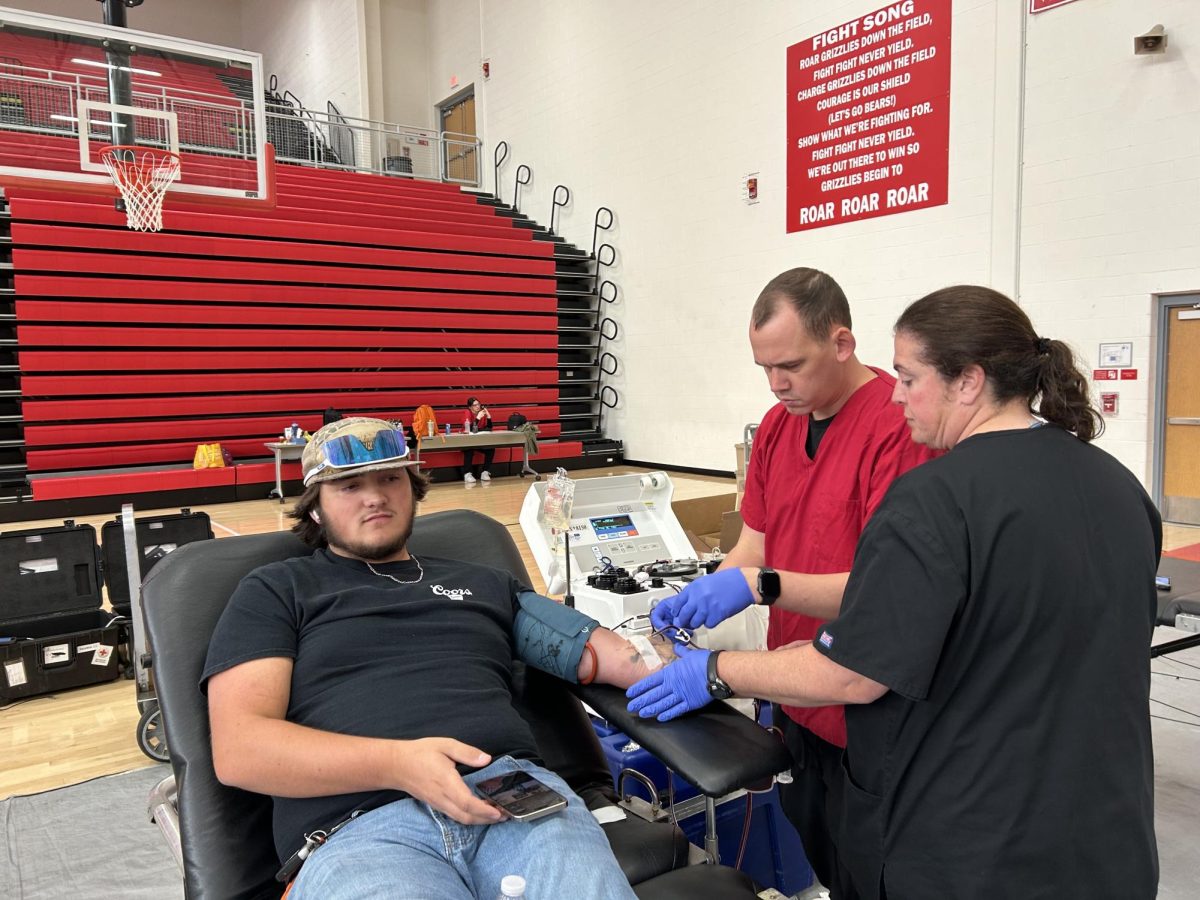
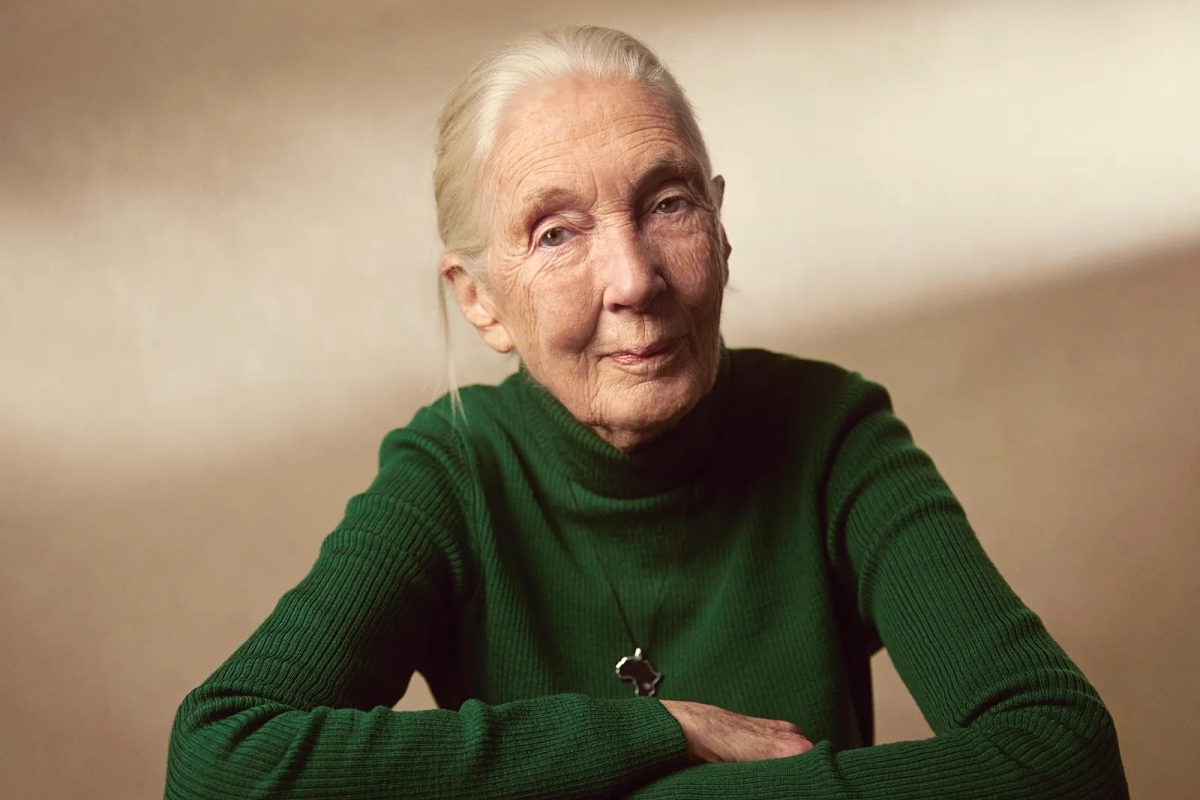
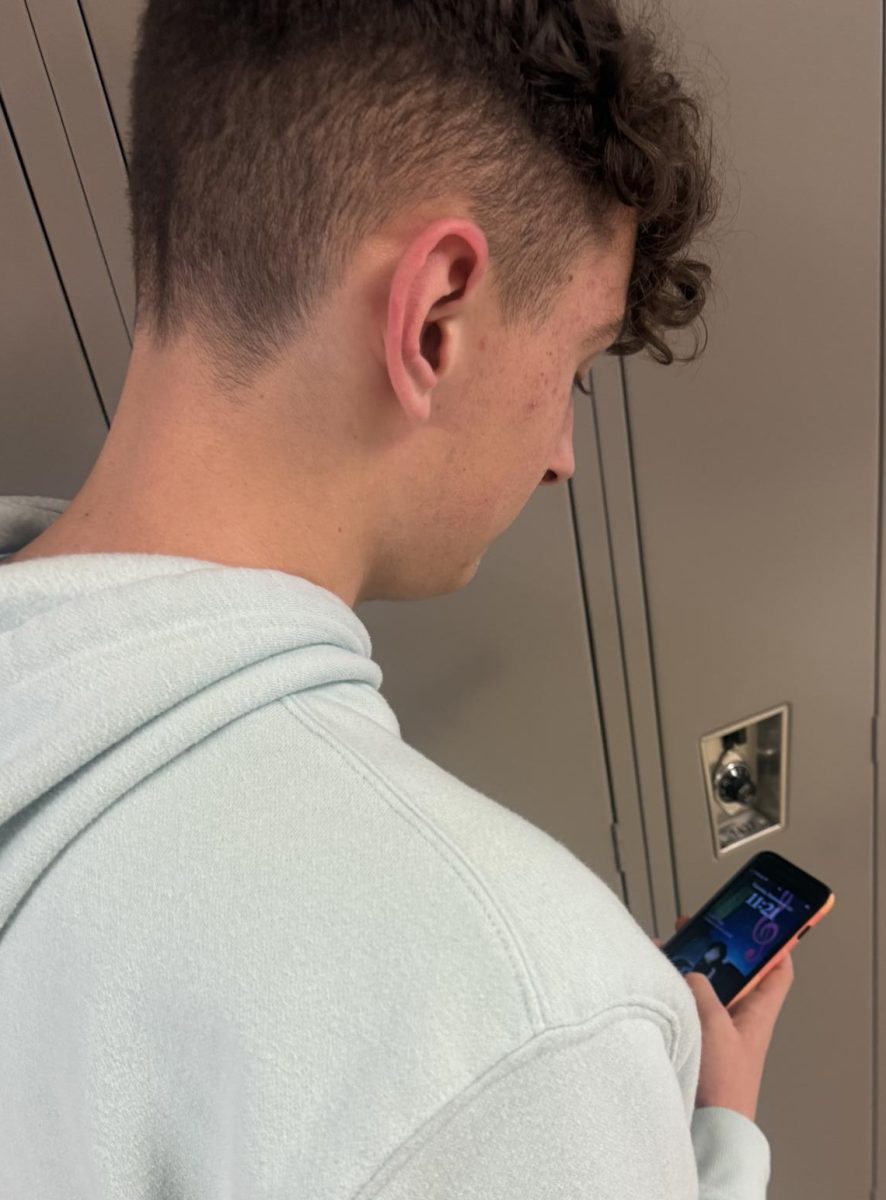

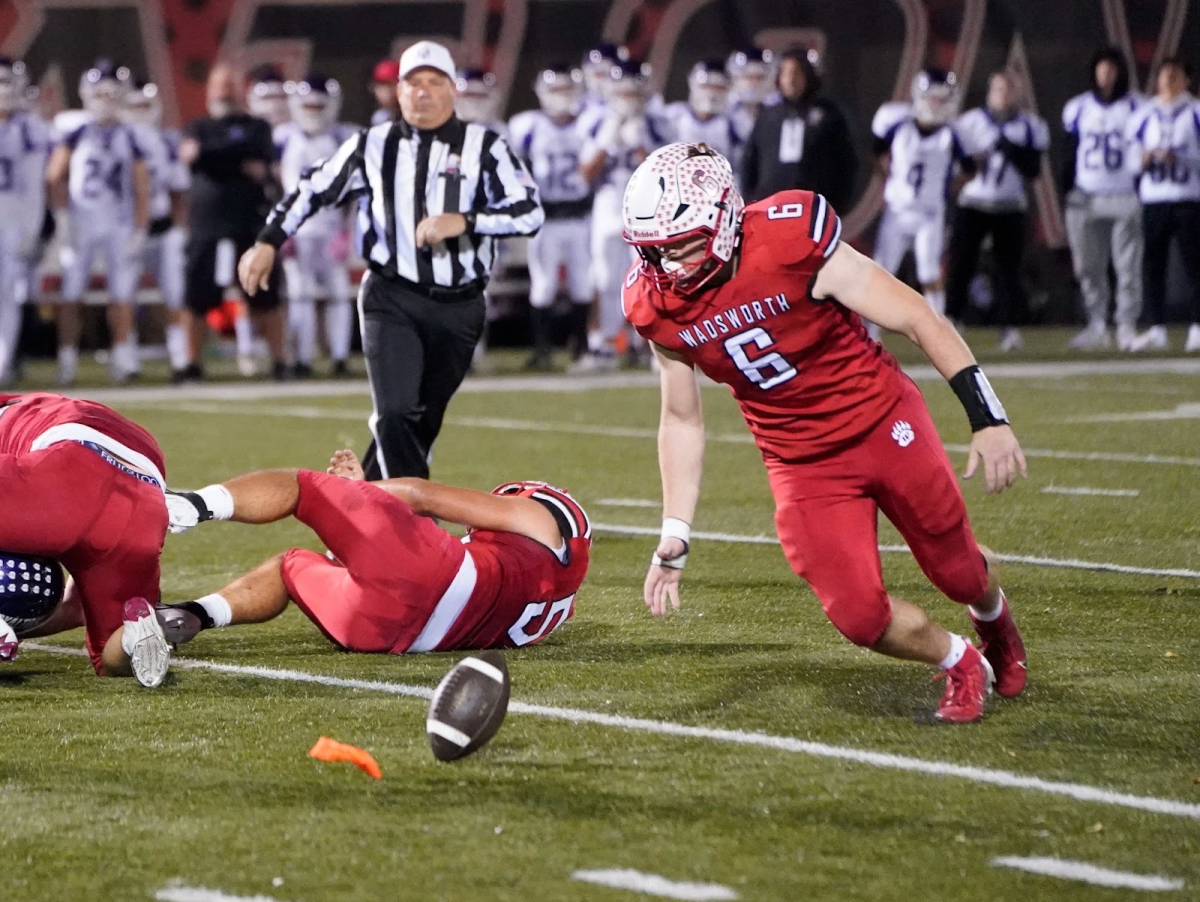
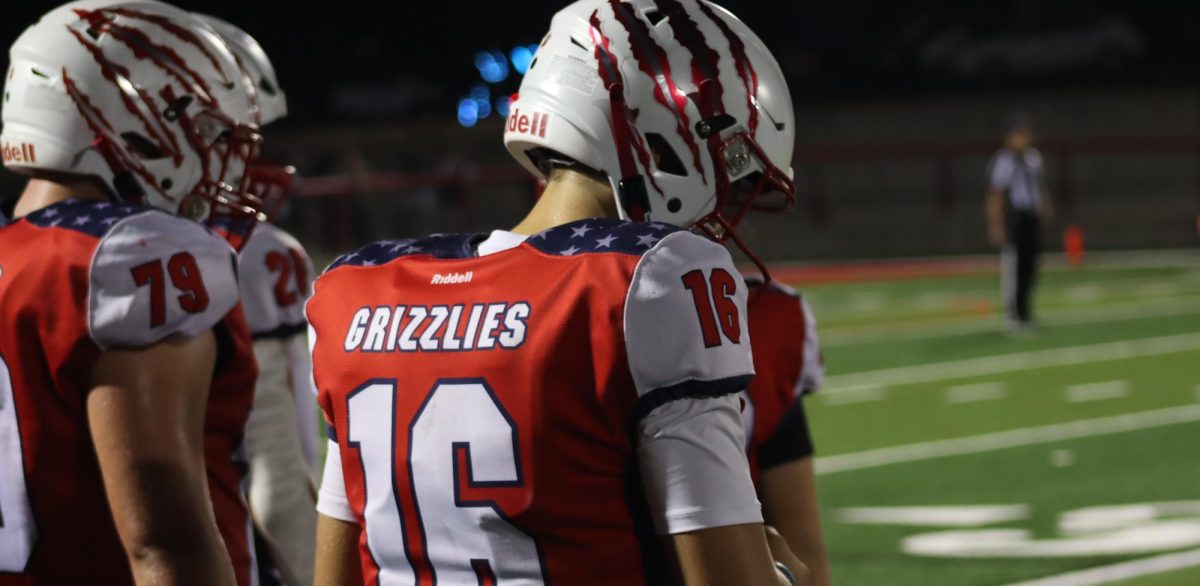




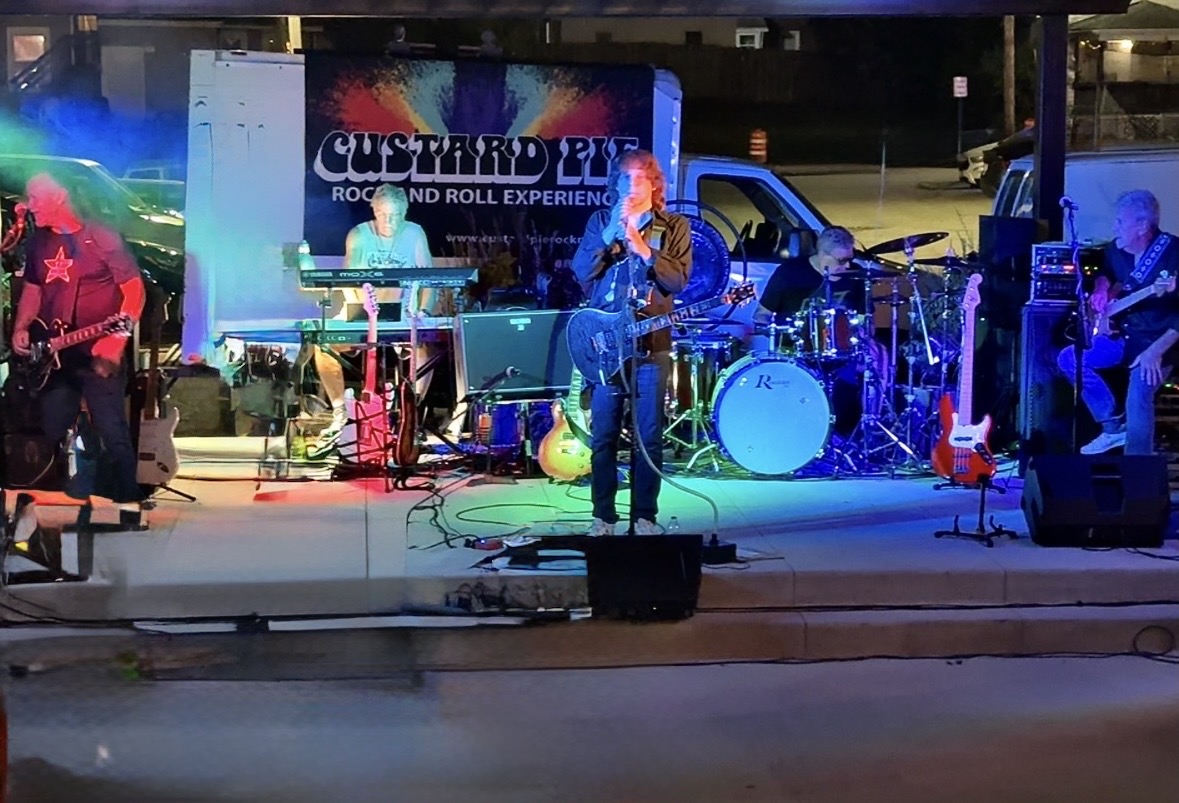


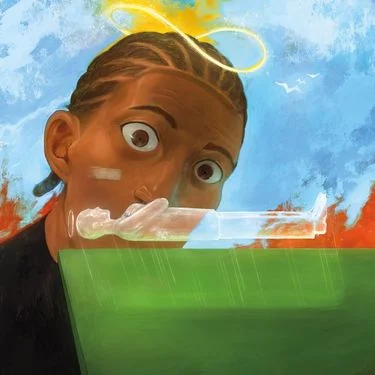
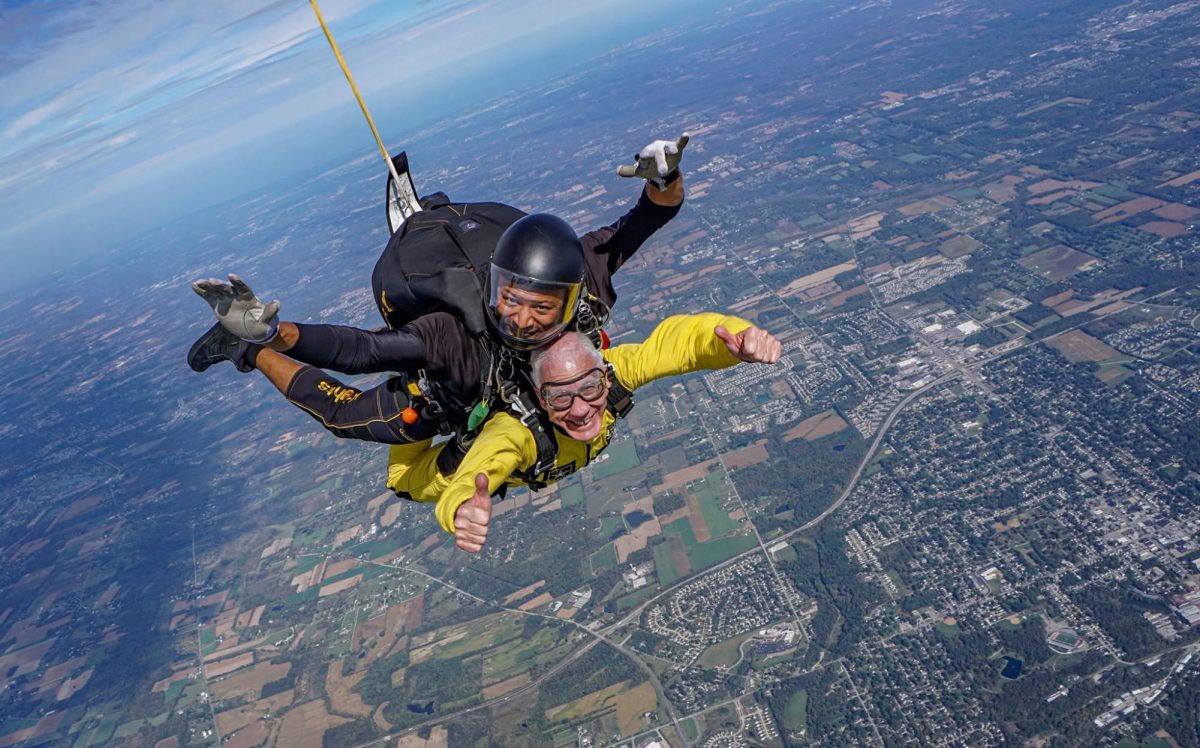


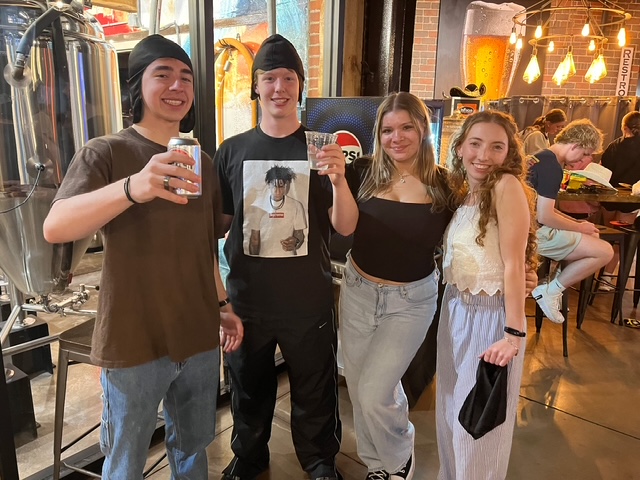
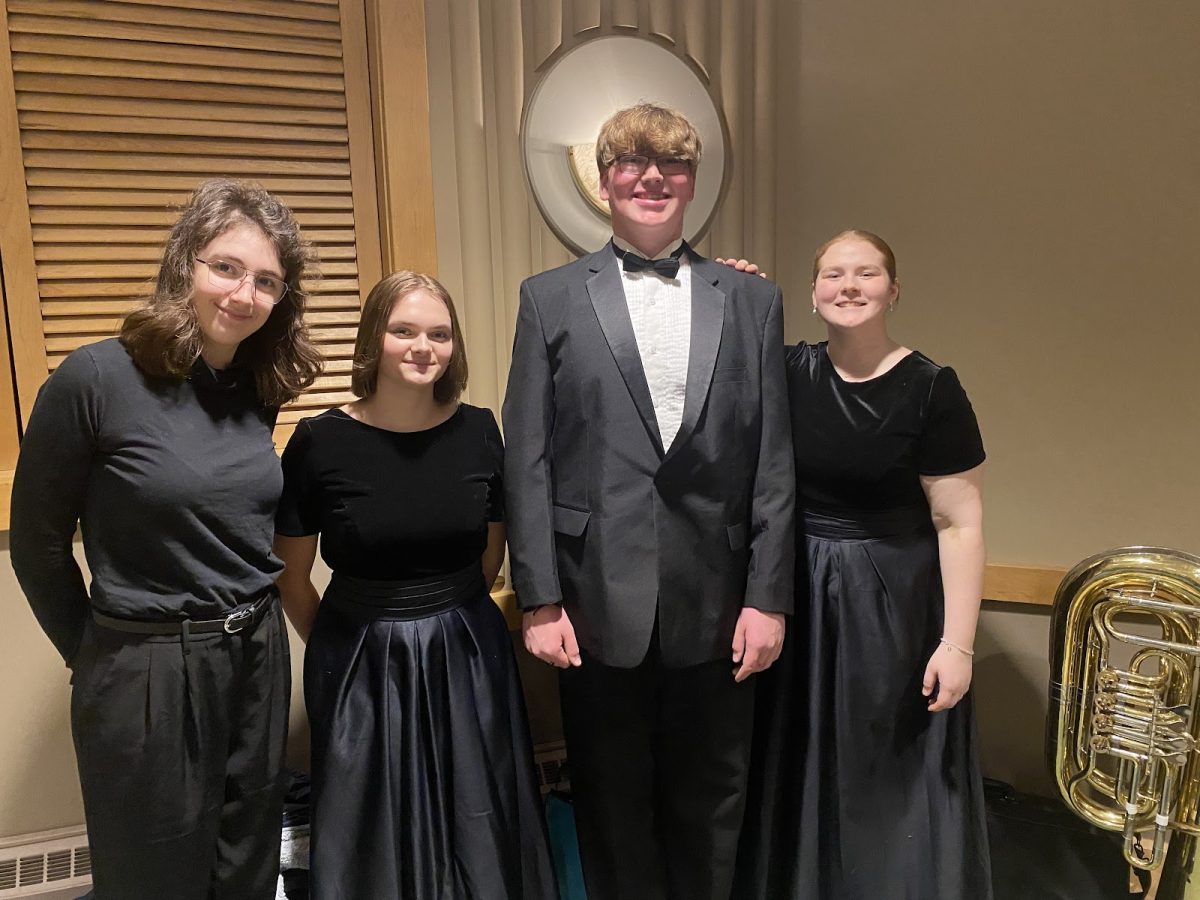
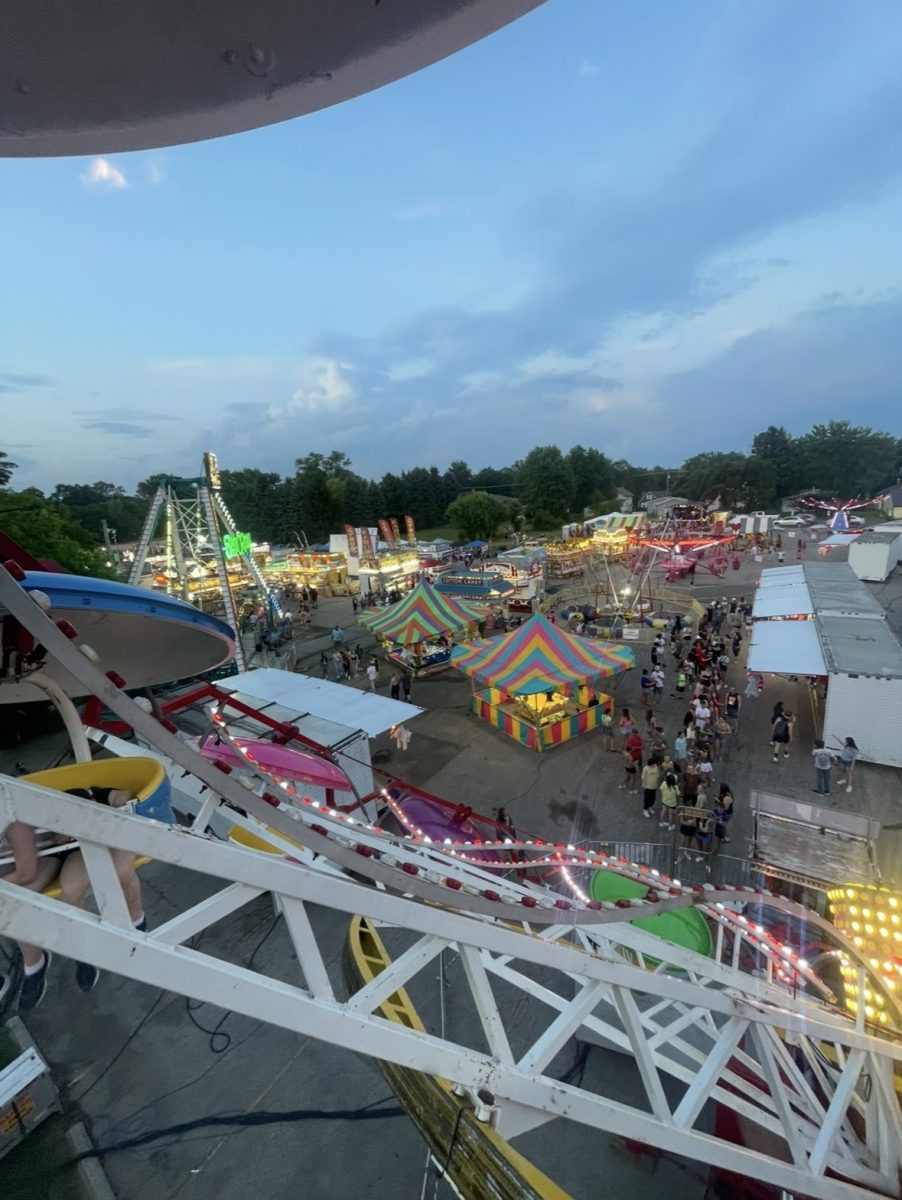


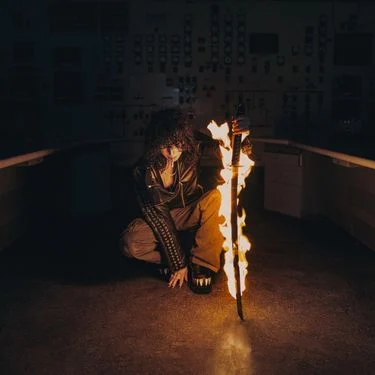







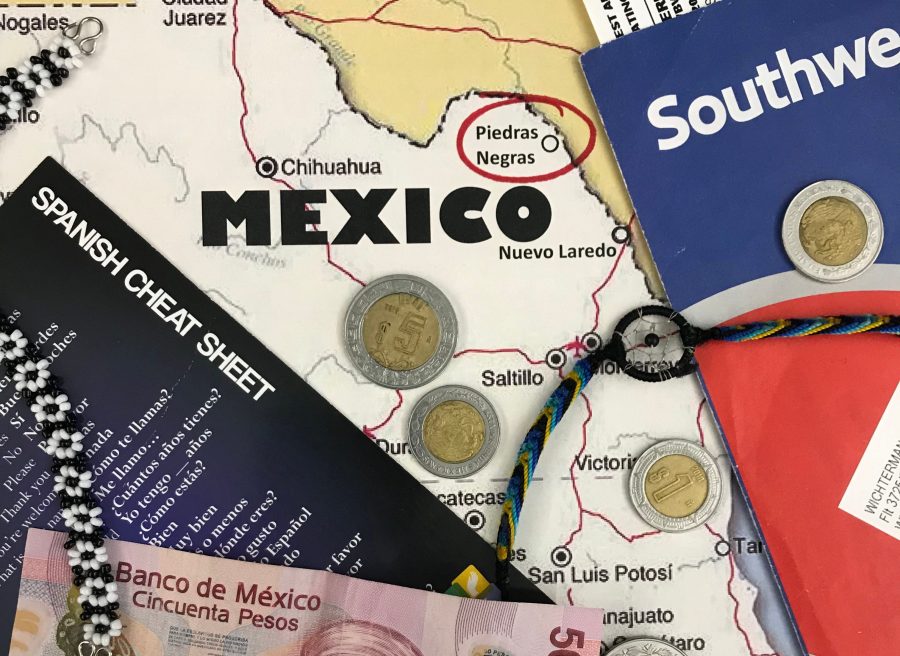
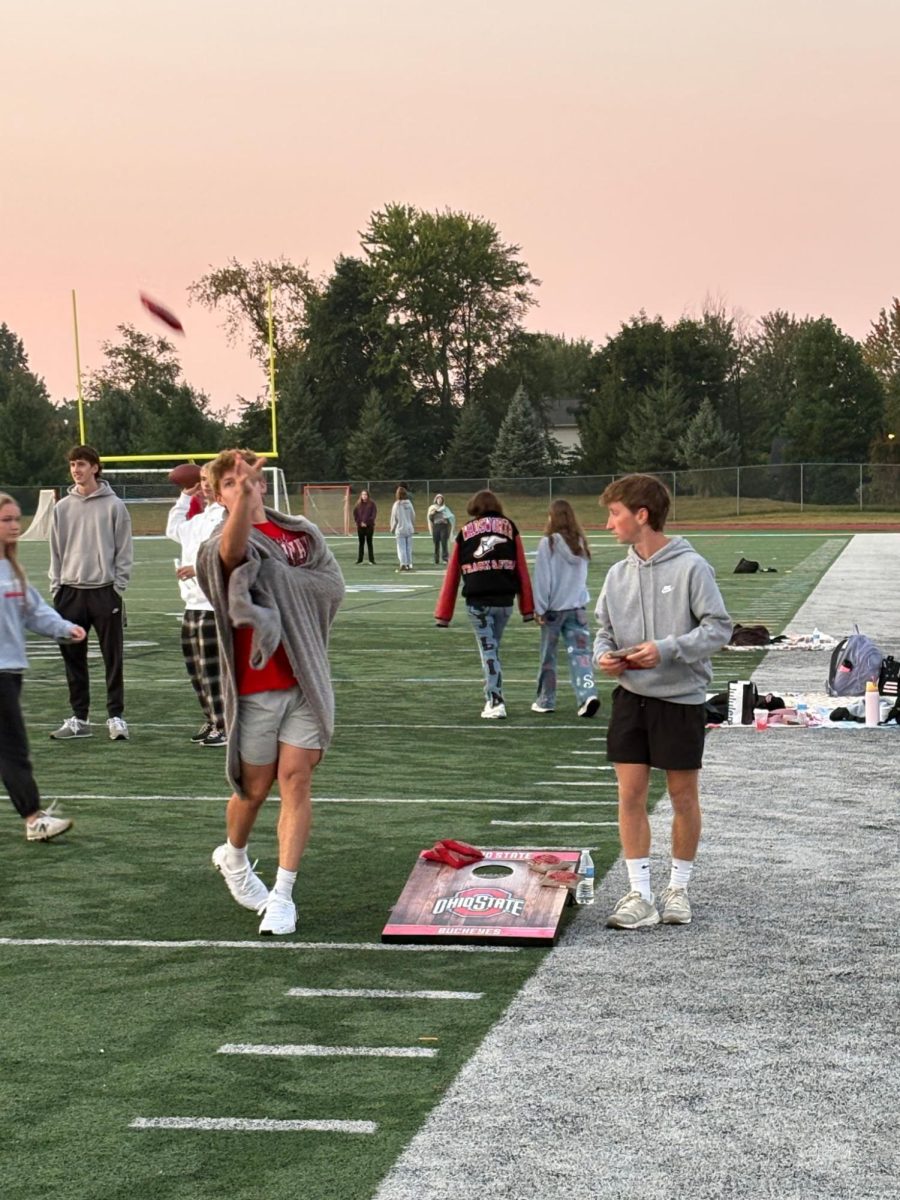
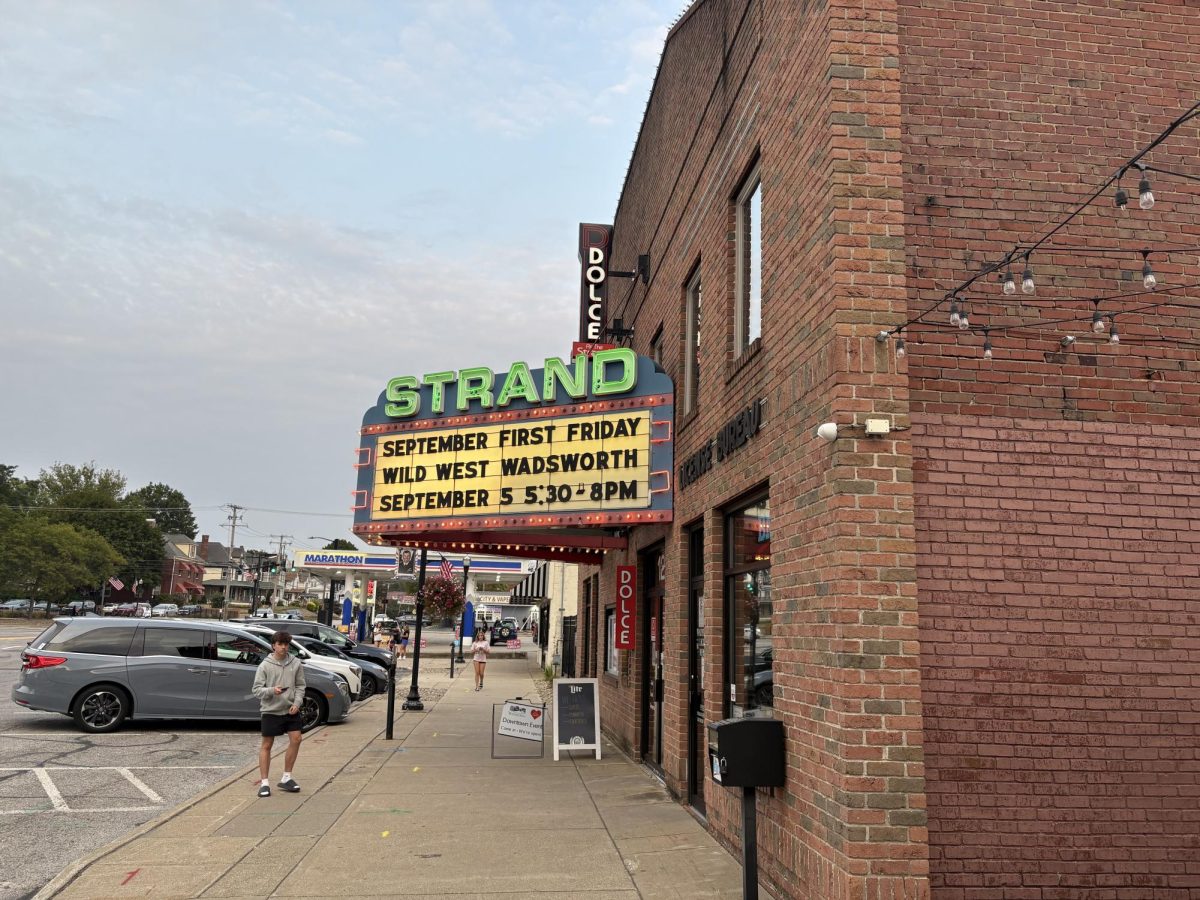
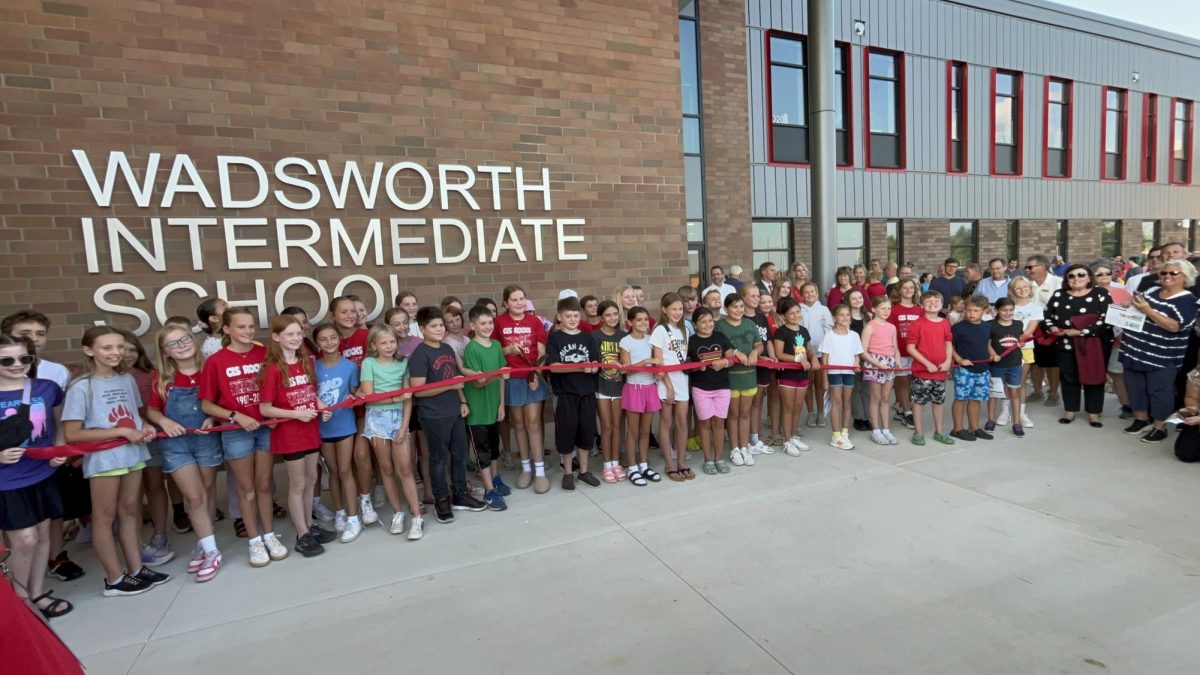
![Wadsworth's Class Of 2025 Walks At Graduation Ceremony [Photo Gallery]](https://wadsworthbruin.com/wp-content/uploads/2025/05/IMG_9018-1-1200x800.jpg)
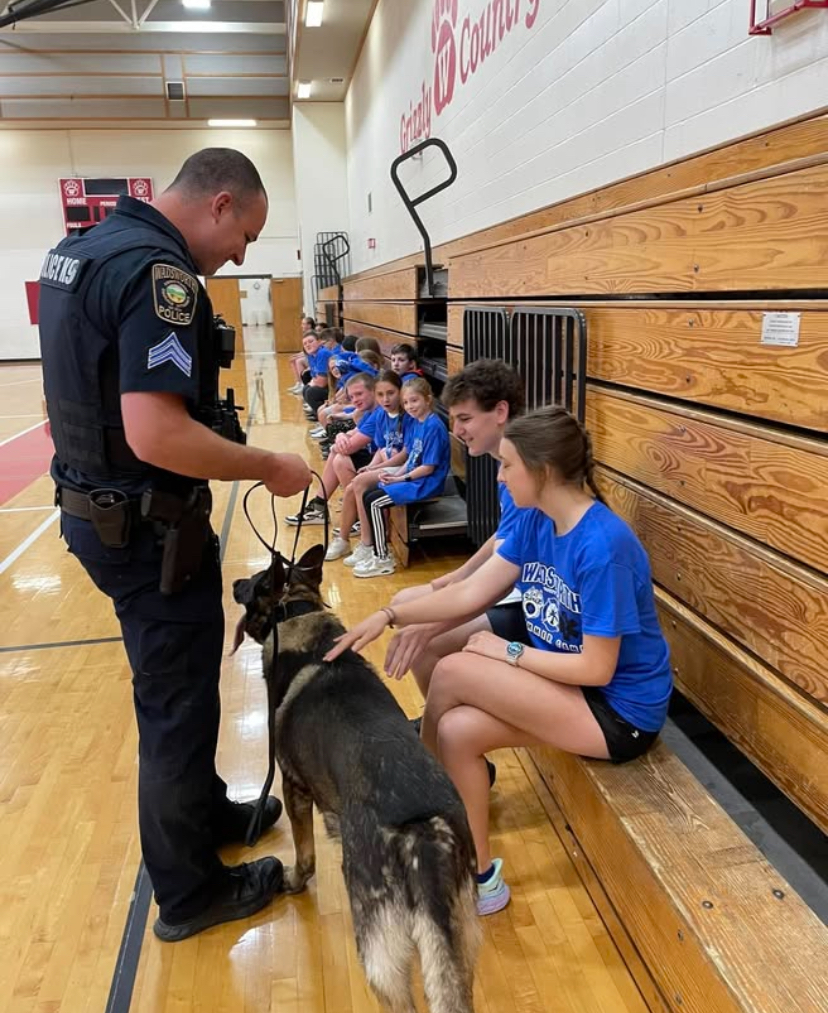
Victorio Guedea • Sep 1, 2022 at 7:04 am
How can I go to Mexico with you
Are you taking new missionaries
Let me help and come with you